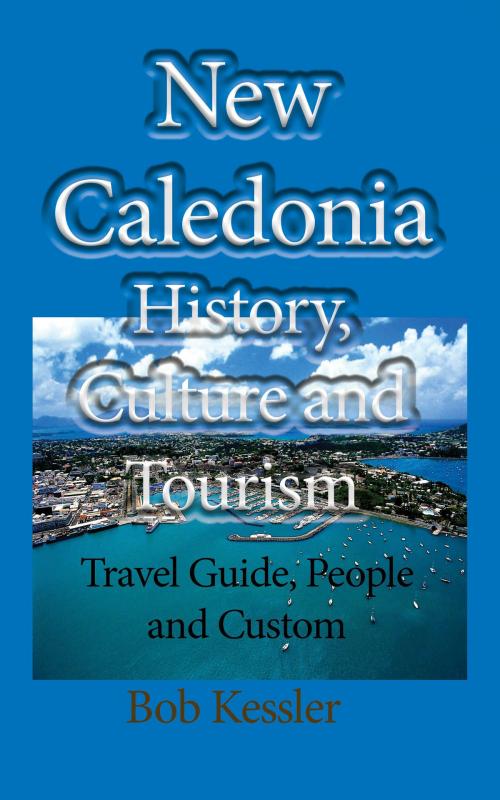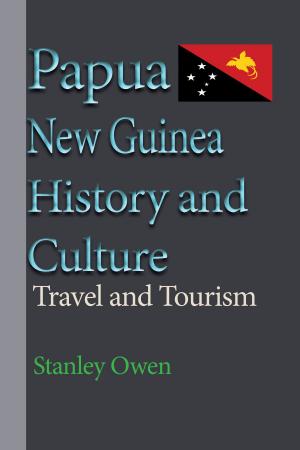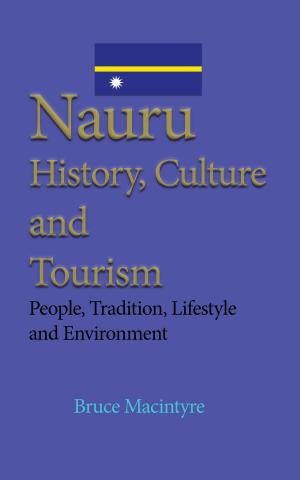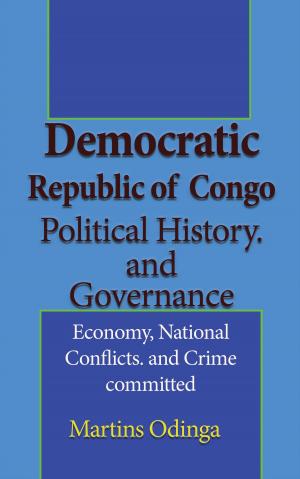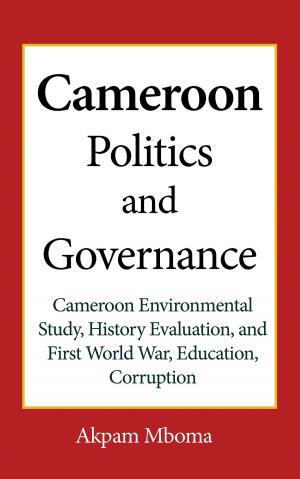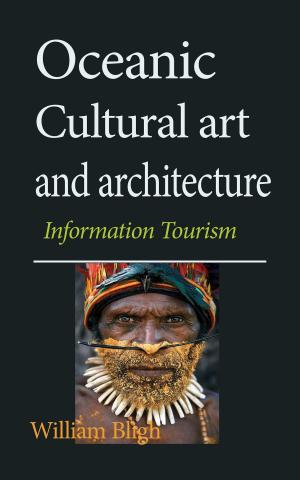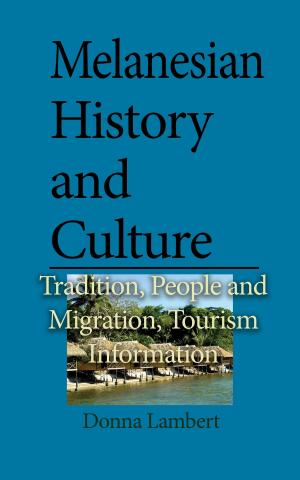New Caledonia History, Culture and Tourism: Travel Guide, People and Custom
Nonfiction, History, Australia & Oceania, Travel, Reference| Author: | Bob Kessler | ISBN: | 9781370398034 |
| Publisher: | Jean Marc Bertrand | Publication: | October 25, 2017 |
| Imprint: | Smashwords Edition | Language: | English |
| Author: | Bob Kessler |
| ISBN: | 9781370398034 |
| Publisher: | Jean Marc Bertrand |
| Publication: | October 25, 2017 |
| Imprint: | Smashwords Edition |
| Language: | English |
New Caledonia History, Culture and Tourism. Travel Guide, People and Custom. New Caledonia tourism Book. Melanesians make up more than two-fifths of the population and Europeans about one-third. Their differing cultures have given rise to two distinct ways of life, known as kanak and caldoche; people of mixed descent tend to adhere to one or the other. The kanak identity is based on clan membership, a network of family alliances and specific land rights. The caldoche way of life is essentially integrated into a cash economy. The Polynesian minority comprises Wallis and Futuna islanders, who make up about one-tenth of the total, and smaller numbers of Tahitians. Descendants of Indonesian and Vietnamese migrant workers also form small proportions of the population and reside primarily in urban areas. There is no official language, but French and Kanak have special legal recognition. Some 30 Melanesian languages are spoken, most Melanesians being proficient in more than one
New Caledonia History, Culture and Tourism. Travel Guide, People and Custom. New Caledonia tourism Book. Melanesians make up more than two-fifths of the population and Europeans about one-third. Their differing cultures have given rise to two distinct ways of life, known as kanak and caldoche; people of mixed descent tend to adhere to one or the other. The kanak identity is based on clan membership, a network of family alliances and specific land rights. The caldoche way of life is essentially integrated into a cash economy. The Polynesian minority comprises Wallis and Futuna islanders, who make up about one-tenth of the total, and smaller numbers of Tahitians. Descendants of Indonesian and Vietnamese migrant workers also form small proportions of the population and reside primarily in urban areas. There is no official language, but French and Kanak have special legal recognition. Some 30 Melanesian languages are spoken, most Melanesians being proficient in more than one
